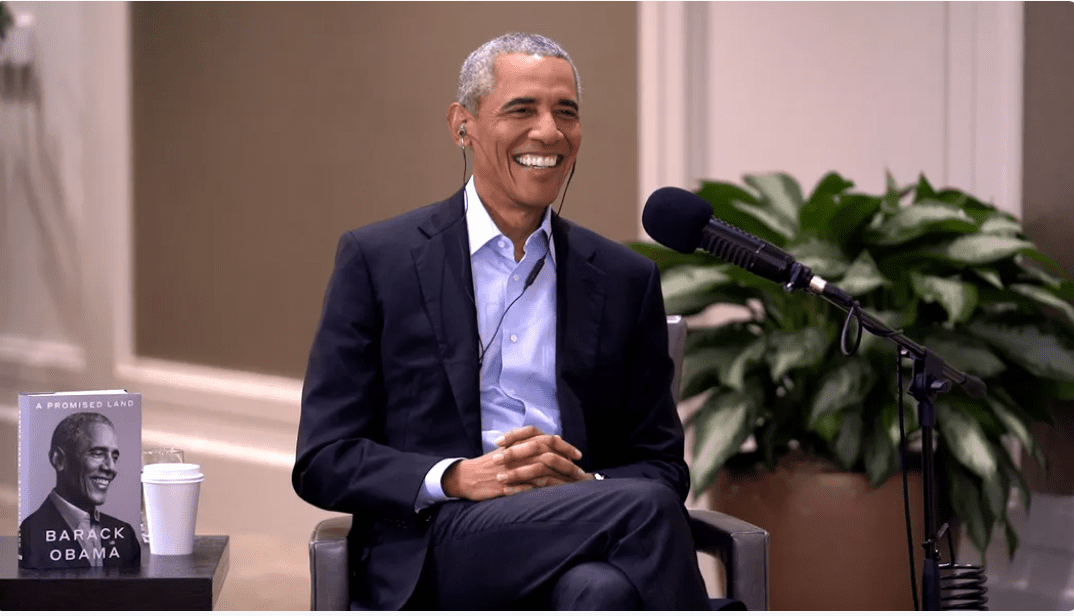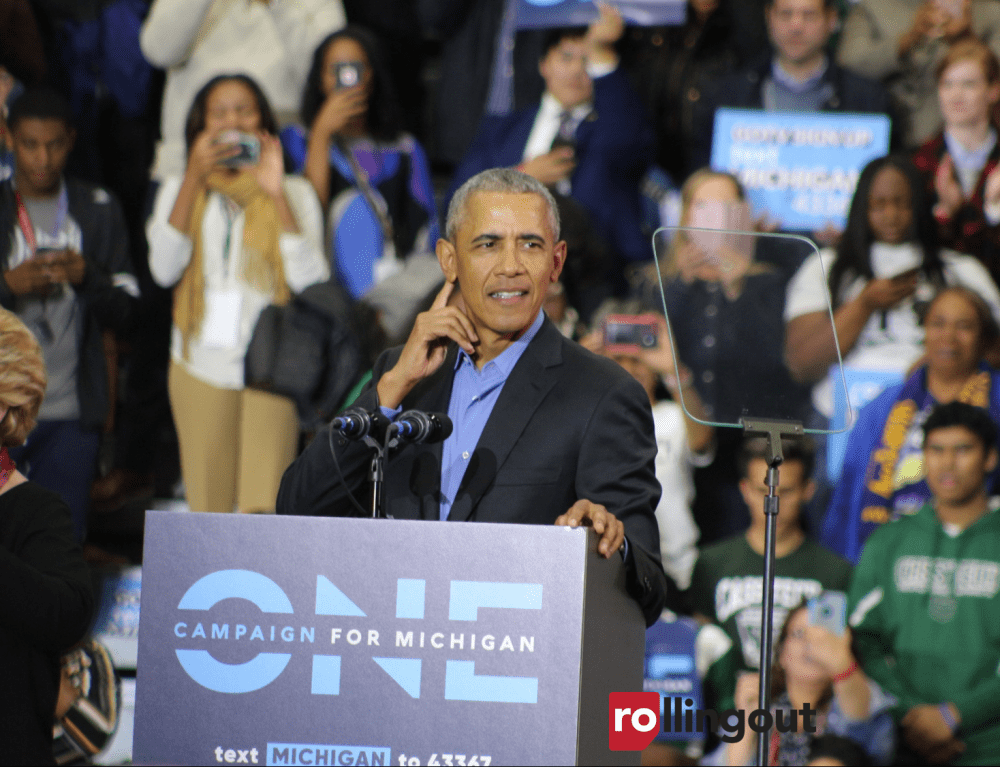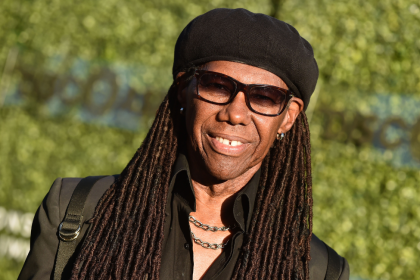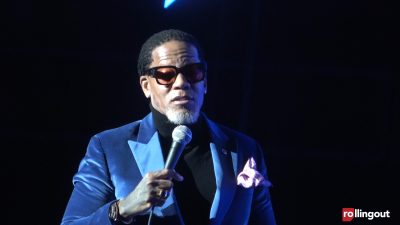
Segregation; a word and reality that took blood, constitutional amendments and a Supreme Court decision to attempt to purge a great injustice. Yet almost 60 years later, in vast regional, mostly urban corridors, schools have resegregated. How did this happen? The reasons in some areas are simple but in others complex. Rolling out magazine spoke with noted author and constitutional law expert Dr. Abraham L. Davis.
Dr. Davis is now retired from Morehouse College in Atlanta after 41 years of service educating the best black minds in America. A native of Tuskegee, Alabama, he has a bachelor’s in political science from Morehouse College, a master’s in political science from the University of Wisconsin at Madison and a Ph.D. in political science from Ohio State University. Dr. Davis has also been a visiting professor at Ohio State University, Emory University, Texas Tech University, the University of Wisconsin at Madison, North Carolina A&T State University, Colgate University, the University of Suriname and the law faculties in Sri Lanka and the Maldives.
Please tell our readers about your experience growing up in the segregated South.
My experiences growing up in the South were harsh, but gave me an undying desire to do well in spite of harsh realities. My father; a Baptist minister, died at the age of 74 and never made more that $100.00 a month during his entire lifetime. However, due to the love of my parents, all nine of my sisters and brothers are college graduates. Two of them have the Ph.D. degree; one was a lawyer with a master’s degree in law from Georgetown University; and a brother was a cardiovascular surgeon, etc. These successes happened due to parents who emphasized the importance of getting a good education to offset the negative consequences of segregation and man’s inhumanity to man. I have never understood how some human beings could be so brutal and evil towards other human beings. Segregation actually intensified my desire to do well and to reach my goal of becoming a college professor. The South was extremely brutal to black Americans and resulted in them making very little money despite their abilities to perform job related responsibilities. This state of affairs made me realize that “racism is a permanent and indestructible component of this society” (as quoted by Derrick Bell). Additionally, the segregated South will never be able to eradicate this unfortunate legacy. I was blessed to have parents who instilled in me the value of excelling in whatever I decided to pursue and to never lose the value of hard work and persistence.
Please tell us about what happened when you tried to vote in Alabama?
I was denied the right to vote, as was the case with both of my parents, in spite of the fact that I had a master’s degree in political science from the University of Wisconsin at Madison. I realized immediately that I was not the problem. Even when blacks attempted to vote, the officials would make them stand in line behind whites who had arrived at the registrar’s office much later. Blacks were greeted with indifference and a hostile attitude. Egregious discrimination and hostility to black Americans was the villain. When I was afforded the opportunity to vote at the age of 28, I can honestly say that I have not missed voting since then. During my tenure at Morehouse (41 years), I developed the habit of informing all of my students that they should register and vote and would tell them of my experience of not being able to vote. I would always vote before going to my classes and would have my “I have voted” sticker on my shirt or coat and would inform the students of my action and many of them followed my advice to register and vote since they are the age group where non-voting is very low.
How would you describe the image of black men of today with black men 60 years ago?
With many exceptions, I would say that black men of today do not have the self-discipline, persistence and desire to overcome obstacles compared to the majority of men of sixty years ago. My theory is that blatant discrimination tended to raise the aspirations of black men compared to those of today. This generation does not seem to have the motivation and intense desire to succeed and “to be somebody” compared to those men. Today there are more opportunities and less overt discrimination, but today’s generation of black men with exceptions, seemingly lack the drive and self-discipline to accomplish what was accomplished by the black men of sixty years ago. This is a travesty that must be addressed and reversed. Hard work, persistence, discipline and the pursuit of excellence are color blind and should become a way of life for all black men if we are to make genuine progress.
What are the 3 constitutional amendments that all black people should be know and why?
Black Americans should never forget the 13th, 14th and 15th Amendments to the U.S. Constitution. The 13th Amendment freed us from involuntary servitude; the 14th Amendment made us equal under the law; and the 15th Amendment provided black Americans with the right to vote. All black Americans should know this by the time they are 8 years old. Why? Because this is a part of their history which should never be forgotten.
Why was Brown v. Board of Education so important?
Separate but equal was and still is inherently unequal. The Brown decision meant that black Americans would be afforded the opportunity to receive an education equal to that of white Americans. Unfortunately, sixty years after the Brown decision, the schools have resegregated and black Americans are back to where they were in 1968. This happened because there was never a genuine commitment to desegregate the schools following the Brown decision. Moreover, it is important to point out that the certainty of segregated schools is on par with the certainty of taxes and death. I would say to the tea party pundits who emphasize that they want to return to abiding by the Constitution to start their journey by demanding compliance with the 1954 Brown decision if they are serious about upholding the law of the land. I have not heard any of them talking about the resegregation of the nation’s public schools. This is a perfect example of hypocrisy.
Should President Obama address this issue while he is in office?
The answer is yes. Why? All of the other Presidents avoided dealing with this matter openly and honestly. If the first black President does not address this important issue then the question becomes why elect a black President that simply duplicates his predecessors’ actions. If a black President is not going to address a salient issue like school resegregation, what is the purpose of electing him? We know that he is the President of all of the people but he should be willing to address a problem that has plagued black Americans for more than a century. If he is willing to say that he will always have Israel’s back should he not with the same level of fervor say that he will support the aspirations of the ethnic group of which he is a part. This is not asking too much in my honest opinion.
















